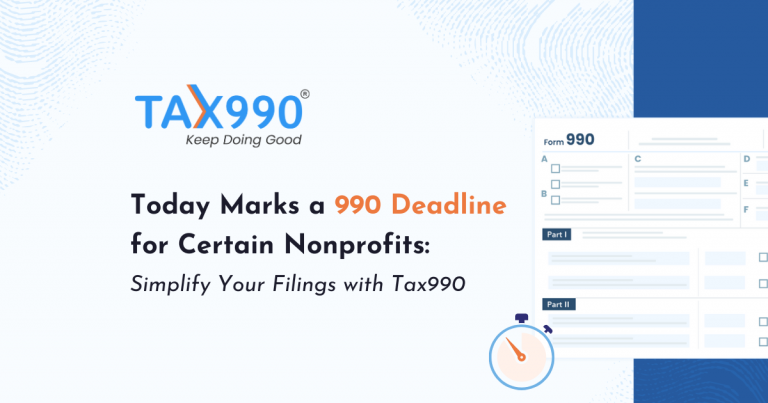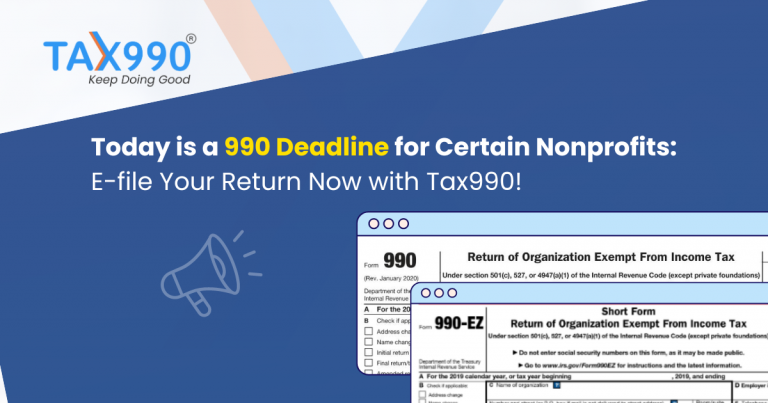Understanding and Establishing a Nonprofit: Your Guide to Grant Funding
Estimated reading time: 14 minute(s)
Grants can open up a world of opportunities for nonprofits, providing crucial funding and support to bring important projects and initiatives to life. As many of you are already aware, many nonprofits survive solely on the contributions of donors.
So, when a grant opportunity arises, the potential to meet the nonprofit’s goals or mission becomes less challenging. This is why grant funding is especially important for nonprofits, particularly those just starting out with limited funding.
Once you’ve been awarded a grant, other funders are likely to take notice of your success. This can make it easier for your organization to be awarded grants in the future.
What is a Grant?
A grant is a financial award that is not expected to be repaid. While grants do not have to be repaid, there are conditions for receiving them that must be met. Grants can be used for a wide range of purposes, including research, education, community development, and more.
They are typically awarded based on criteria set by the grant provider, which can include financial need, merit, project goals, and alignment with the organization’s mission. Grants provide valuable resources for organizations to carry out projects or reach goals they might otherwise be unable to accomplish. In short, receiving a grant is your ticket to transforming great ideas into impactful actions.
The Three Phases of Grant Management
Grant management involves three main phases: Pre-award, Award, and Post-award.
- Pre-award Phase: In this initial stage, funders establish a funding program, advertise grant opportunities, and create application guidelines. Grant seekers will search for funding, develop proposals, and work on applications for specific grants they wish to obtain.
- Award Phase: This is the exciting part where your hard work pays off. The funding agency reviews applications and notifies applicants of their decision. The successful applicant receives a Notice of Award (NOA), making the grant legally binding. The agency then works with the recipient to review the funding agreement and disburse funds.
- Post-award Phase: In this final stage, the recipient fulfills the obligations set in the grant agreement and reports all necessary progress.
The Full Nonprofit Grant Lifecycle
The full nonprofit grant lifecycle contains six key stages:
- Identify Grant Opportunities: Determine your funding needs and find grants that align with those needs.
- Cultivate Relationships with Funders: Seek connections between your team’s mission and the funder’s goals. Express your interest in applying for the grant to keep your organization on their radar.
- Apply for the Grant: Research the grant’s guidelines and requirements, then draft a thorough proposal. Customize your writing to appeal specifically to the funder, presenting a compelling idea of how you’ll use the funds to advance your mission.
- Receive the Grant: Adhere to the terms of the grant agreement, maintain clear communication, and diligently manage the project and funds to ensure successful project execution.
- Manage the Grant: Proper management of the grant not only meets the grantor’s requirements but also maximizes the project’s impact, benefiting the intended community or cause.
- Report on Your Progress: Depending on the grant’s requirements, provide periodic updates on your progress toward the proposal’s goals and project-related finances.
Finding the Right Grant for Your Nonprofit
Finding the right grant ensures that your organization receives the necessary financial resources to achieve specific goals. It can enhance credibility and support long-term sustainability and growth, allowing you to effectively address community needs and achieve meaningful impact.
When researching grants, ask these questions:
- Is the mission of the grant compatible with yours?
- Do you help the people or purpose the funder cares about?
- Do you have a 501(c)(3) status?
- When will funding decisions be made?
Once you have determined the specific grant you wish to apply for, you can proceed on your funding journey.
Conclusion
Understanding the grant-seeking process—from identifying suitable opportunities to crafting compelling proposals—will empower nonprofits to effectively pursue funding opportunities that align with their mission and strategic goals.
Another crucial aspect of the grant process is IRS compliance. Nonprofits are required to file an annual 990 return to report their financial activity, expenses, programming, and more. This information is crucial to maintaining IRS compliance – without which organizations can lose their tax-exempt status. These 990 returns are public record, and granting foundations will definitely take this into account during their decision-making process.
For more information on filing IRS Form 990, visit us at Tax990.com. Our platform offers a self-guided experience with leading features and technology, making the process fast and easy, whether you are a seasoned tax professional or a first-time filer.
For even more on this topic, be sure to check out our webinar here. Interested in learning more about the process of starting a nonprofit? Join our next webinar on Thursday, July 11, 2024 at 2 PM EST. Click here to register!




Leave a Comment